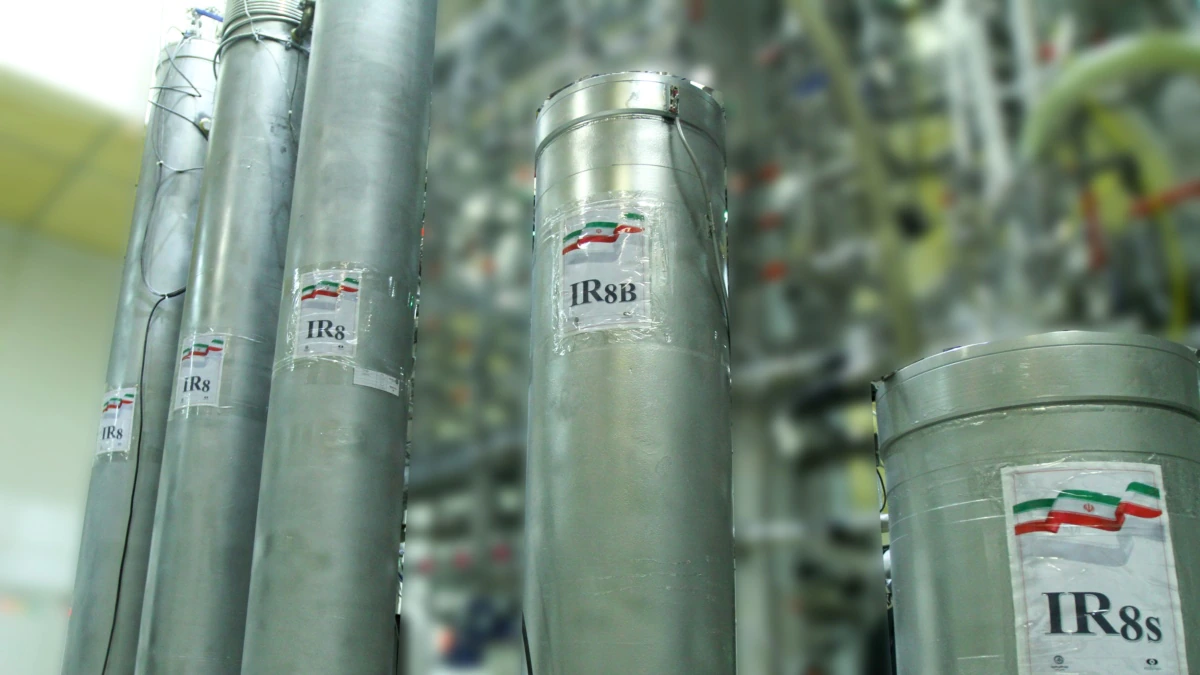
Iran’s Natanz nuclear site suffered a blackout in a suspected act of sabotage committed by Israel, an incident that could overshadow diplomatic efforts to revive the 2015 nuclear deal abandoned by former U.S. President Donald Trump.
Ali Akbar Salehi, the head of Iran’s Atomic Energy Organization (IAEO), called the April 11 blackout an act of “nuclear terrorism” and urged the international community to stand up against the threat.
He did not mention who may have been behind the alleged sabotage or what caused it, but said Iran “reserves the right to take action against the perpetrators.”
“To thwart the goals of those who commanded this terrorist act…Iran will continue to improve its nuclear technology on the one hand and to lift oppressive U.S. sanctions on the other hand,” Salehi said.
Israel’s Kan public radio cited intelligence sources who said Israel’s Mossad spy agency had carried out a cyber-attack.
But The New York Times, citing American and Israeli intelligence officials, reported Israel had a role in what it described as a “large explosion” that destroyed an internal power system that supplies underground centrifuges that enrich uranium. The blackout occurred a day after Tehran launched new advanced centrifuges with the potential to accelerate uranium enrichment.
The intelligence officials said the damage to the power system was enough to knock out Natanz’s uranium enrichment for at least nine months.
The underground Natanz site is key to Iran’s uranium enrichment program and monitored by inspectors of the International Atomic Energy Agency (IAEA), the UN nuclear watchdog.
Israel, Iran’s archenemy, is suspected of carrying out sabotage against Iran in the past, including cyber-attacks and assassinations of nuclear scientists. Last year, a fire broke out at an aboveground part of the Natanz nuclear facility, which Iran said was an attempt to sabotage Iran’s nuclear program. Then in November, Iran’s top nuclear scientist Mohsen Fakhrizadeh was killed in an attack on his car near Tehran. Iran blamed Israel for the assassination.
Israel generally does comment on clandestine operations, though Prime Minister Benjamin Netanyahu repeatedly has described Iran as the greatest threat facing his country.
The latest development comes as Israel is intensifying a long-running shadow war against Iran, ranging from upping airstrikes on Iran-aligned forces in Syria to a suspected mine attack earlier this month on a ship used by the Islamic Revolutionary Guards Corps off the coast of Yemen.
The incident at Natanz casts additional uncertainty over ongoing efforts in Vienna to revive the 2015 nuclear deal between world powers and Tehran, an accord long opposed by Israel.
President Joe Biden has expressed a willingness for the United States to reenter the accord first abandoned by the Trump administration, which imposed a raft of sanctions on Tehran under a “maximum pressure” campaign. Iran responded to the U.S. exit from the deal, known as the Joint Comprehensive Plan of Action (JCPOA), by gradually breaching many of the nuclear restrictions.
The EU-hosted talks in Vienna center on overcoming an impasse between the United States and Iran to bring both parties into full compliance with the 2015 agreement, which lifted international sanctions on Tehran in exchange for limits on Iran’s nuclear program. U.S. and Iranian sides have publicly clashed over the sequencing of possible U.S. sanctions relief and Iran reversing its breaches of the deal.
With reporting by AFP, AP, and The New York Times, and Reuters.